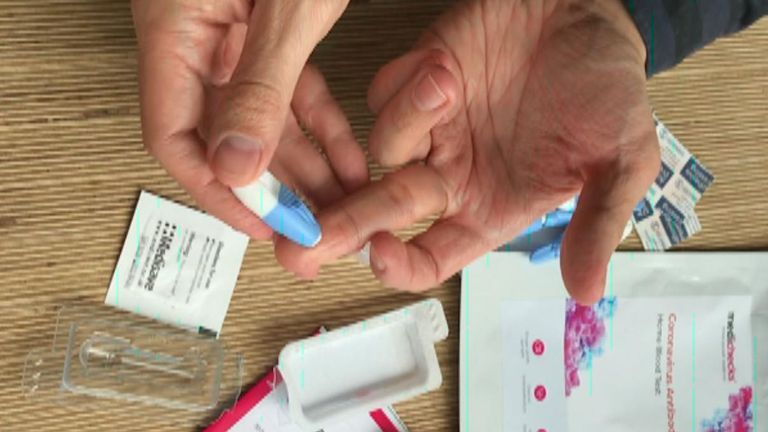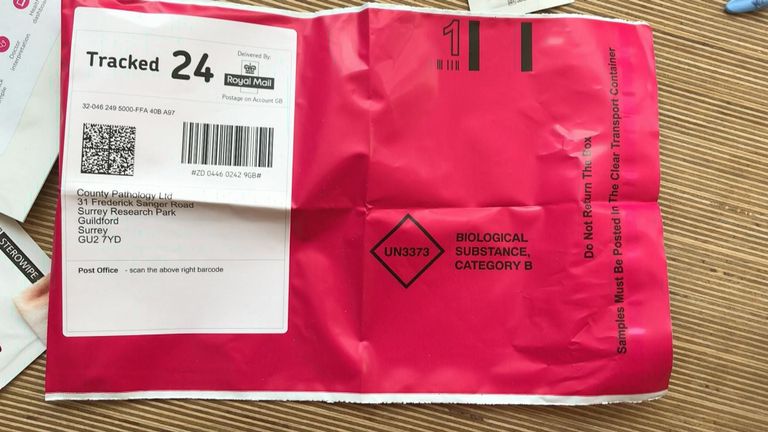At the start of March, I had a tight chest and a sore throat.
Nothing to worry about, in the normal run of things – but, boy, did I worry. Was this COVID-19? Was I spreading it? Should I self-isolate?
After the symptoms disappeared, my worry turned to hope. Had I contracted the best kind of coronavirus, the extremely mild kind? Had I won the lottery and acquired immunity at no cost?
Since the start of the outbreak, I've spoken to dozens of people who have had similar thoughts, sometimes in the most unlikely circumstances.
My mum is pretty sure she caught it from my sister's partner in late December, at a time when the first cases were emerging in China.
Advertisement
A taxi driver told me he thought he'd had it in July last year.
"Are you sure?" I said.
More from Covid-19
"Absolutely," he replied.
Until recently, these speculations were impossible to check. An infection will leave antibodies that can be detected by a test, but getting an accurate version of those tests has not been easy.
:: Listen to the Daily podcast on Apple Podcasts, Google Podcasts, Spotify, Spreaker
In March, the New York Times reported that the government paid £16m for two million antibody tests from China, only to find out they didn't work.
But those tests were meant to be done at home, making them "as simple as a pregnancy test", as the prime minister put it in March.
Tests done in a lab are much more reliable.
Public Health England has approved an antibody test made by the pharmaceutical company Roche, which it says can reliably pick up whether people have contracted the virus.
Private laboratories are offering similar tests.

Although these aren't approved, they promise high levels of accuracy.
Medichecks, a private blood testing laboratory based in London, offers antibody tests at a cost of £90, which it says score very highly on the key measures of accuracy, specificity and sensitivity.
That means they only pick up people who have genuinely had COVID-19, as opposed to another illness, and can detect even mild symptoms.
"If the test is taken 17 days after the onset of symptoms, the latest research I've seen from the University of Washington suggests that it's 100% accurate," says Dr Sam Rodgers, medical director of Medichecks.
However, he stresses that "this is a field that's changing incredibly quickly".
With this guarantee in mind, I decided to see what it was like.
The process was straightforward, if a little awkward. I pricked my fingers with lancets provided by the company, then filled a small vial with my blood.
I put my sample in a bag and sent it off to the lab.

Four days later, my results arrived. Feeling nervous, I opened the link.
"Your test did not find antibodies to the SARS-CoV-2 coronavirus in your blood sample," I read.
"It is therefore highly unlikely that you have been infected with coronavirus in the past."
I felt gutted. I'd been dreaming of a lottery win. Instead, I had nothing.
But I shouldn't have been – because even a very accurate antibody test can't actually tell us very much at all.
"We simply don't know yet whether the antibodies that we can detect are protective," says Professor Eleanor Riley, from the immunology and infectious disease department at the University of EdiRead More – Source
[contf]
[contfnew]

sky news
[contfnewc]
[contfnewc]




